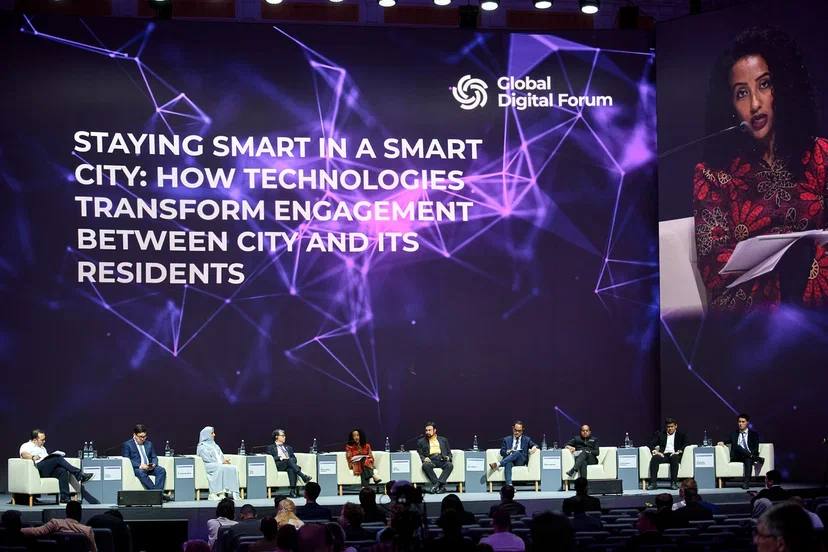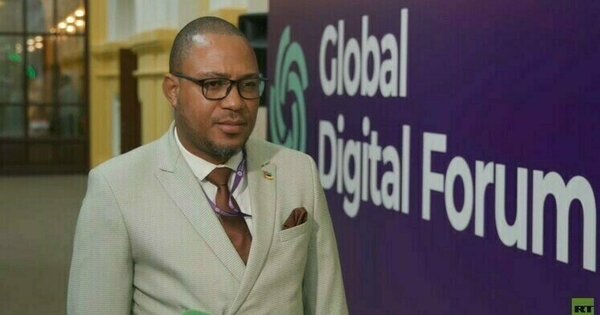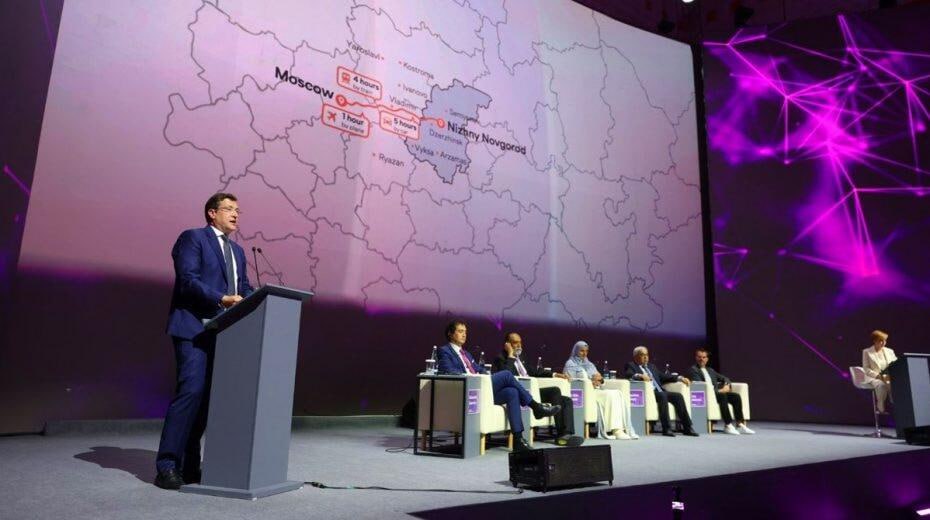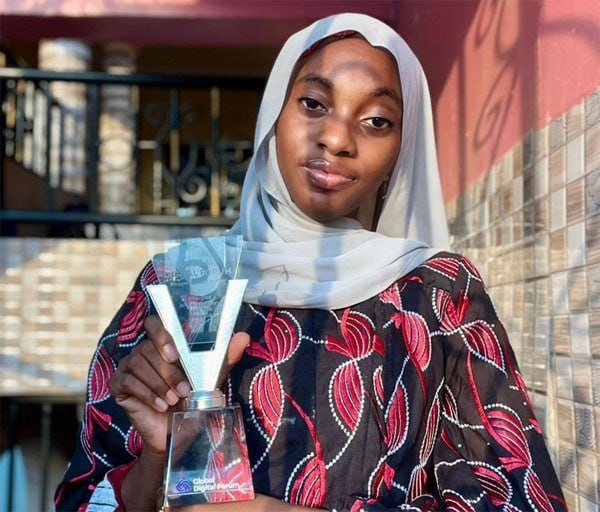On June 6, at the Global Digital Forum in Nizhny Novgorod, a panel session titled “Staying Smart in a Smart City: How Digital Technology is Transforming the Relationship Between a City and Its Residents” took place.
The session brought together leading experts, representatives of international organizations, city authorities, and high-tech companies from Asia, Europe, and the Middle East. During the discussion, participants explored how digitalization is transforming the nature of urban governance and the everyday lives of citizens, the new opportunities and risks it creates, and what a smart city should be like to ensure the well-being of every resident.
Dmitry Ontoev, advisor to the Head of Moscow’s Department of Information Technologies, shared the experience in using end-to-end technologies to address urban challenges across various sectors of the capital’s life. He noted that Moscow implements over 300 digital projects annually, approximately 100 of which use AI technologies.
«Today, Moscow is one of the leaders in technological development not only in Russia but also worldwide. It is truly a smart city where technology serves the people and makes their lives even more comfortable. Digital technologies help manage the city efficiently, monitor the stable operation of all vital systems in real time, and plan the development of the metropolis based on objective data and forecasts. Thanks to these technologies, Muscovites can solve almost all their everyday tasks online. More than 450 digital services are available to them anytime on the mos.ru portal.» said Dmitry Ontoev.
Advisor to the Head of Moscow’s Department of Information Technologies emphasized that the city actively shares its accumulated experience both with Russian regions and with foreign cities. In just the past two years, the capital has held meetings with more than 50 delegations from the UAE, Saudi Arabia, China, India, Brazil, and other countries. Moscow’s solutions have been presented at many Russian and international industry awards, and the city itself maintains high positions in prestigious rankings. In 2024, the capital’s digital projects received over 60 specialized awards.
Additionally, Aisha Bin Bishr, an expert in digital transformation and a leader in ‘Smart city’ initiatives from the UAE, spoke about the application of technologies in modern megacities. She shared Dubai’s experience in implementing smart technologies and noted the growing number of solutions using AI and blockchain technologies:
«Smart cities are not defined by how much technology they deploy, but by how deeply they connect with their people. Our responsibility is to ensure that every digital solution enhances trust, inclusion, and quality of life. The future belongs to cities that prioritize human experience as much as innovation.»
Non Arkara, a senior expert at the Agency for Digital Economy Development, outlined the measures taken by the Thai authorities to help cities implement digital technologies. The speaker introduced the Innovation-as-a-Service model as a potential trajectory for the development of smart cities:
«A ‘Smart city’ is not really about technology. Many expensive cities with good intentions still fail — why? Because they treat citizens like passive recipients. But what if we flip the script and empower people to guide us toward real solutions for their pain points?»
Edlam Abera Yemeru, representative of UN-Habitat and Director of the Division of External Relations, Strategy, Knowledge, and Innovation, shared her vision on the role of international cooperation and innovation:
«Digital technology is essential to transform data for better decisions to tackle the global housing crisis affecting 2.8 billion people across the world»
During the session, experts from India, Uzbekistan, and Iran also shared their experiences. The speakers reached a consensus that a smart city is one that cares for its residents and leverages the full potential of cross-cutting technologies to meet their needs.




